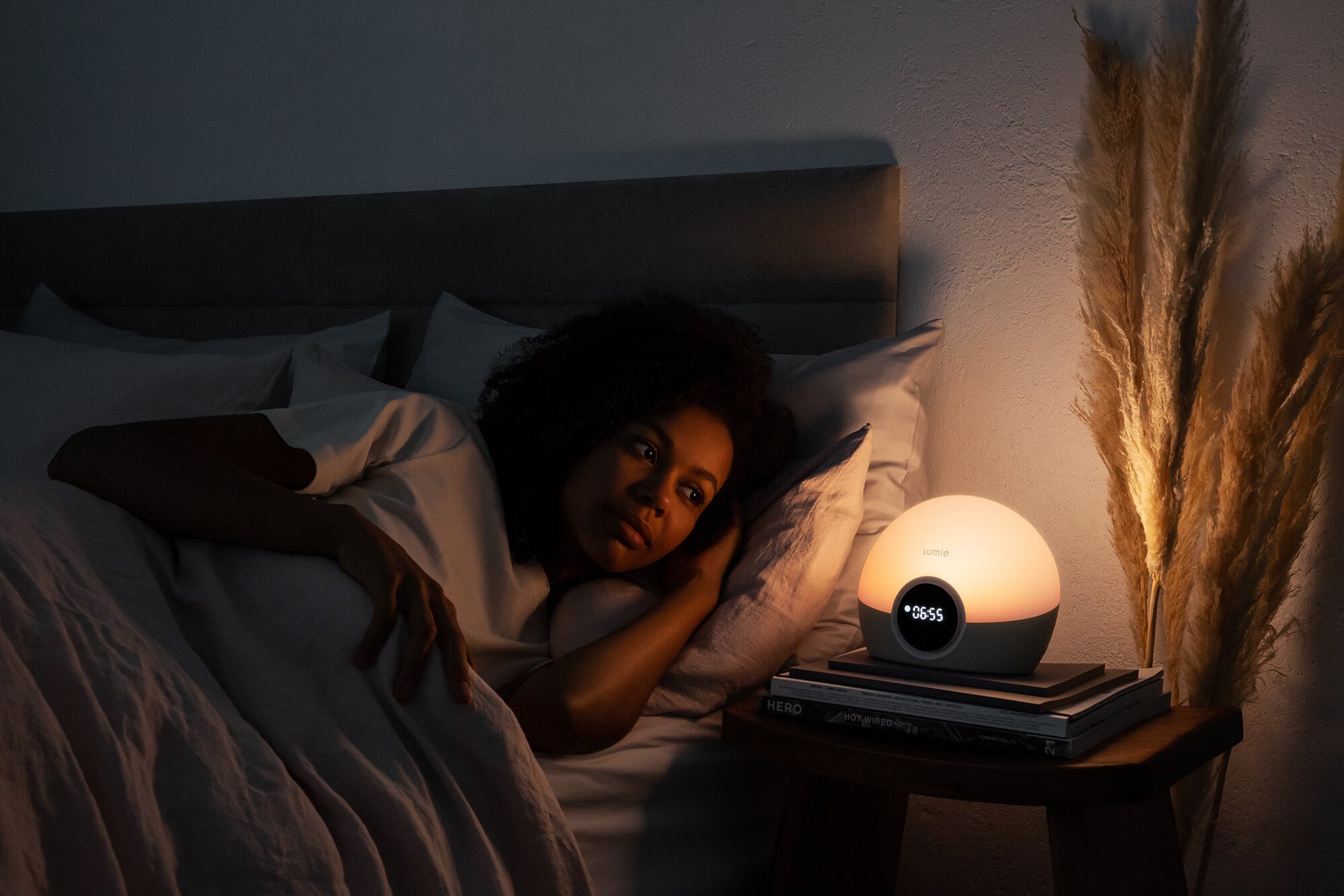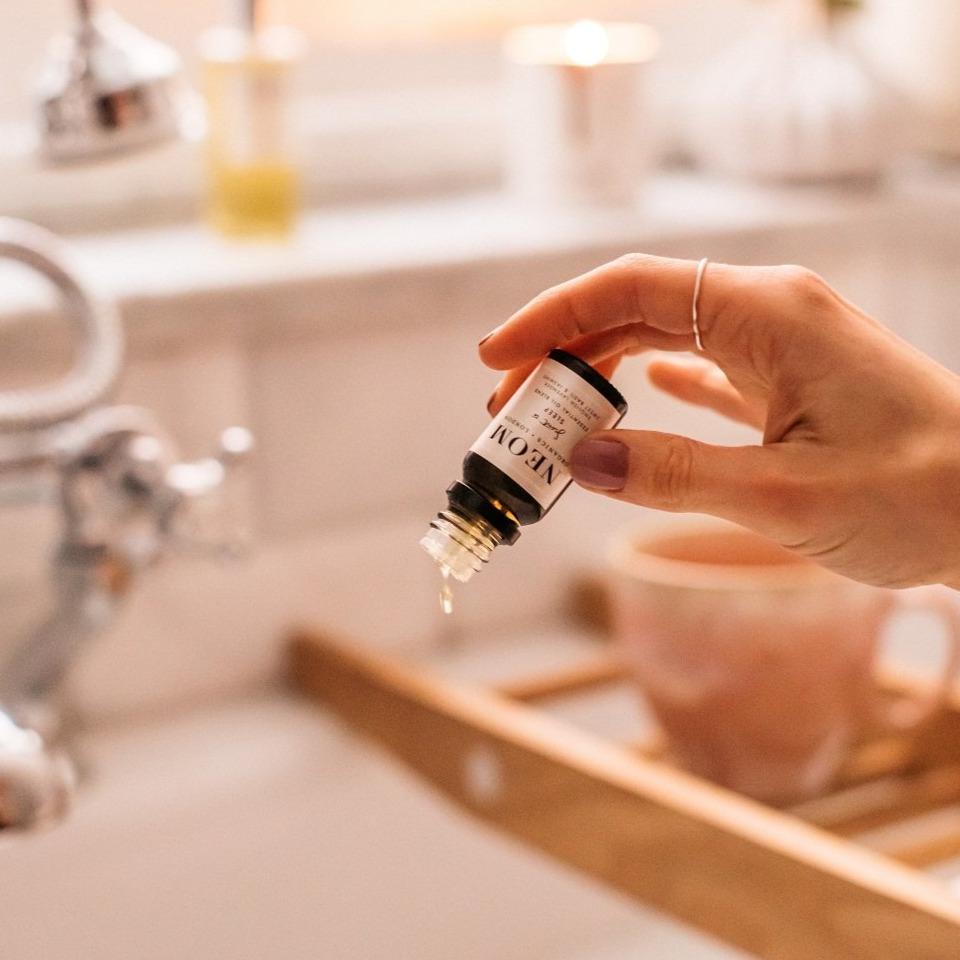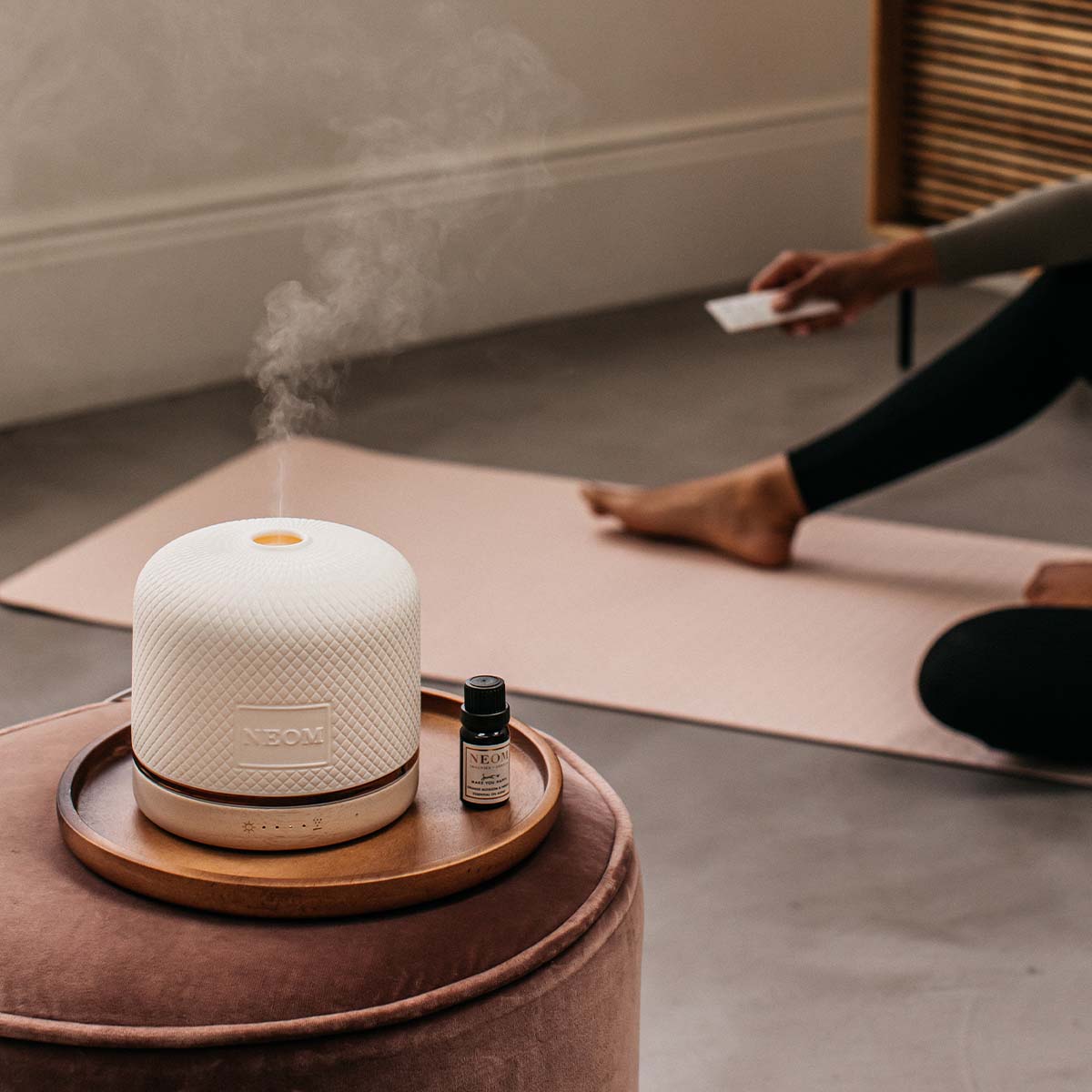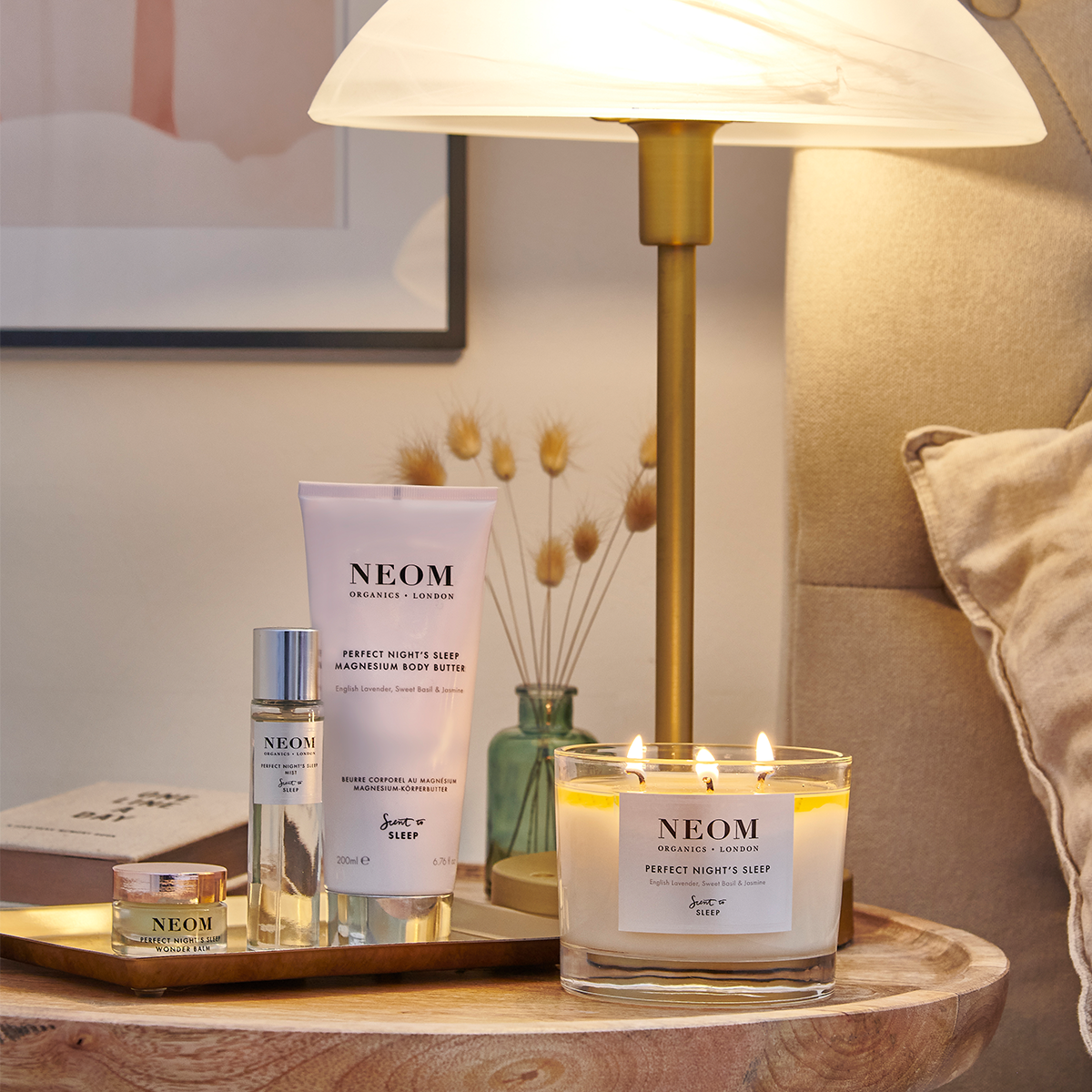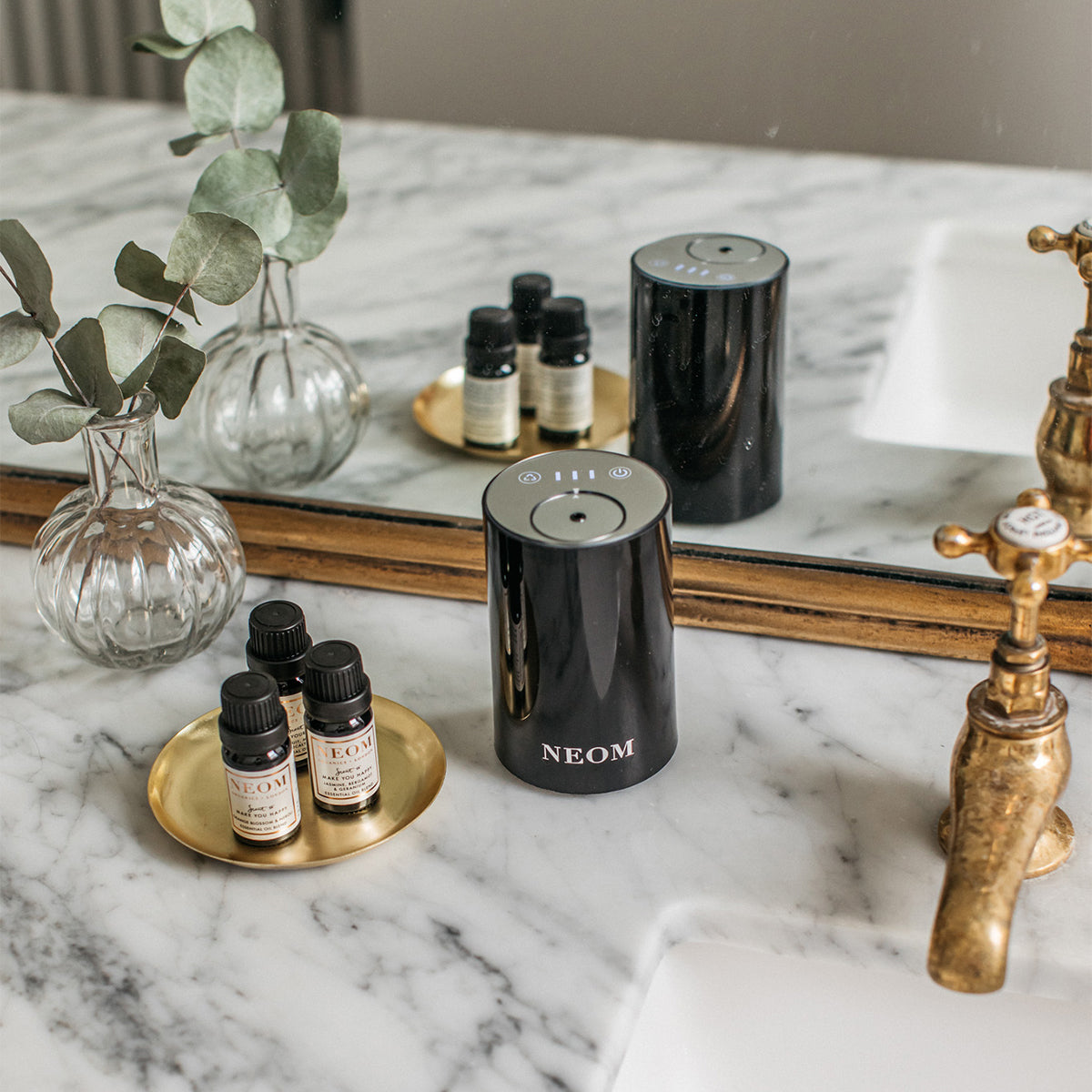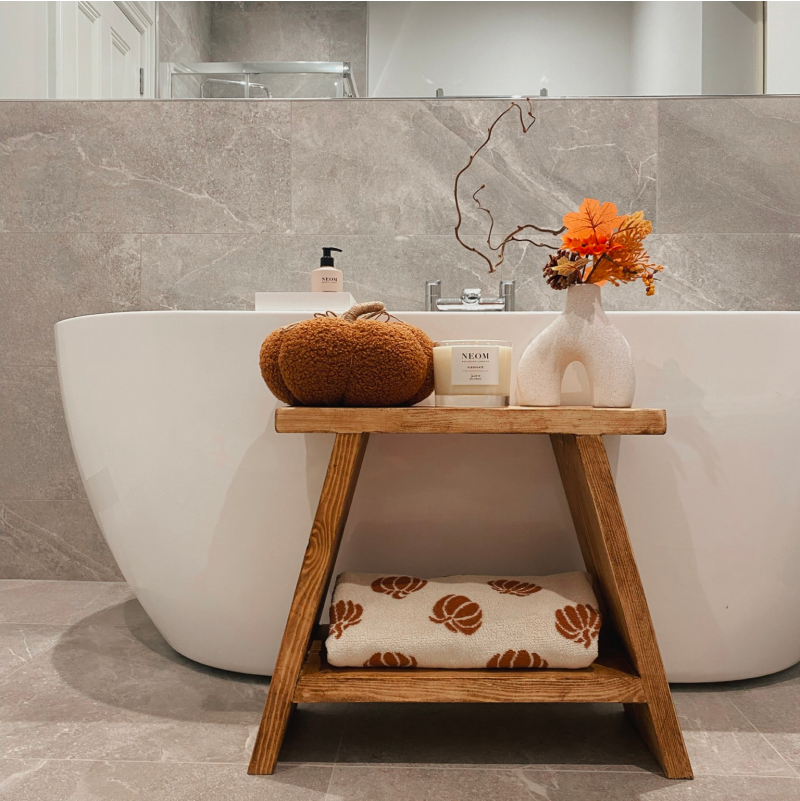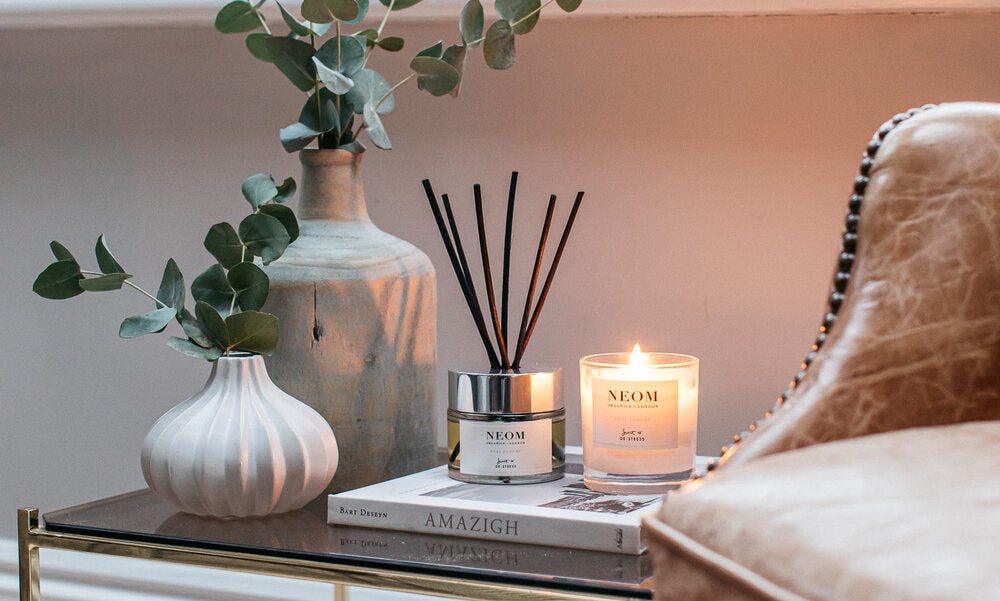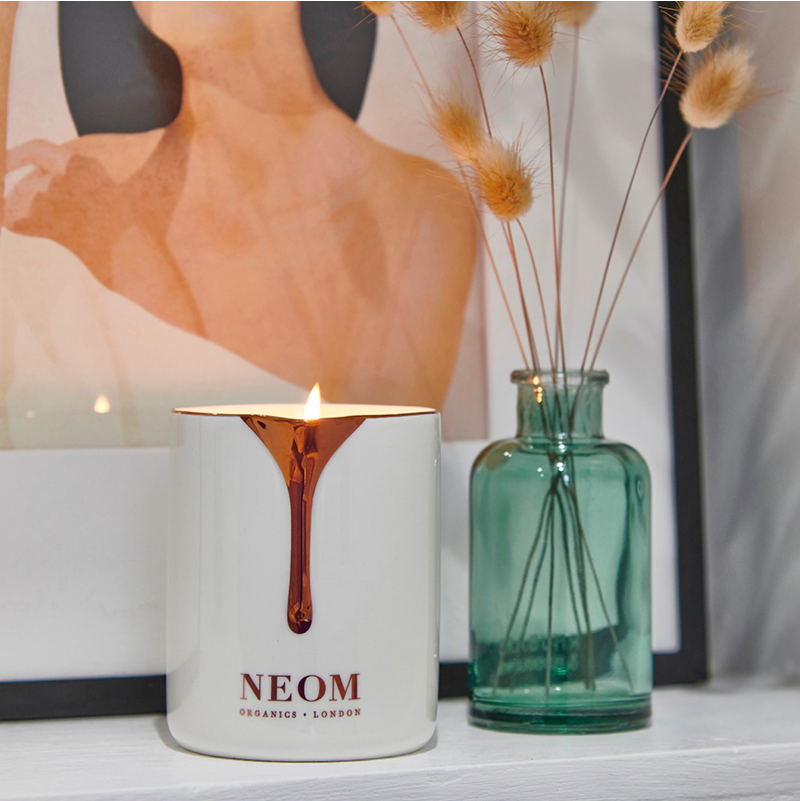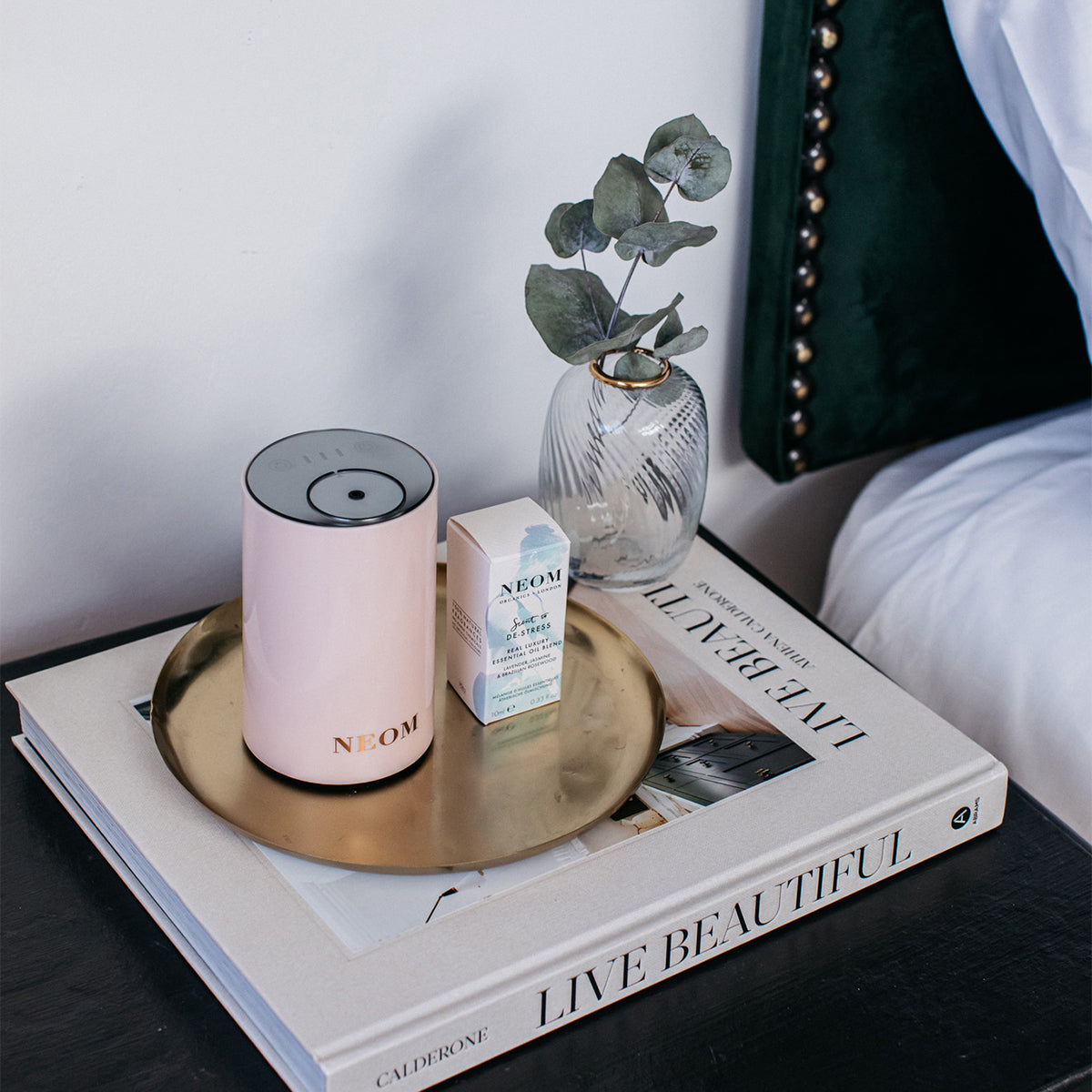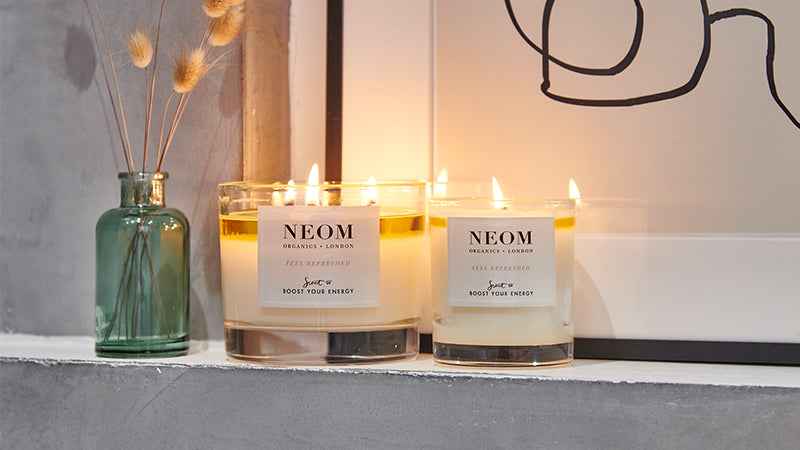Looking to improve your sleep? You’re in the right place as our science-backed, expert-approved Perfect Night’s Sleep Plan will help you to do just that. If you’ve not yet given it a go, it teaches you the 11 Golden Rules which, when done together will have you sleeping better after just 1 week*. Whilst each and every rule is important, two of them specifically focus on light…
Rule 5: Get at least 1 hour of direct daylight (outside or sitting by a window) before midday. Ideally 15 minutes of these within the first hour of waking.
Rule 7: 1 hour before bed, no screens and dim the lights.
Here we quiz Dr Victoria Revell, scientific advisor at Lumie to learn more about different types of light can positively and negatively affect our sleep…
Why Is Light So Important When It Comes To Sleep?
“Light plays a crucial role in regulating our circadian rhythms, as our internal body clock is directly influenced by the natural rising and setting of the sun. Light synchronises the body to the 24-hour day and helps to reset our internal clock as it adapts to a new light/dark cycle, so we feel awake during the day and sleepy at night. Light exposure to the retina is first relayed to the SCN, the area of the brain where your master body clock sits, before descending to your pineal gland (located in the epithalamus). Your pineal gland transduces signals from the sympathetic nervous system into a hormonal signal, which results in the production of hormones such as serotonin (the happy hormone) and melatonin (the sleep hormone). These and other signals ensure the body's circadian rhythm are appropriately aligned so that the internal and external day coincide. Circadian rhythms can become inappropriately aligned with our desired sleep/wake schedule, especially in this modern world of technology, alarms and unusual working hours, which can result in a disrupted sleep pattern and have implications for health and well-being. This is why having strong light cues first thing in the morning and keeping alerting blue-light to a minimum in the evening is so important for a regulated sleep/wake cycle.”
Tell Us A Little More About Blue Light Specifically?
“Blue light naturally comes from the sun and plays a key role in regulating our circadian rhythm, otherwise known as our body clock. This blue light prompts the decrease in melatonin production (the hormone that makes us sleepy), so we feel awake and ready for the day. Due to the modern world we live in (and the amount of time we spend staring at screens), blue light is more commonly found in digital devices. While blue light is great for making us feel energised in the morning, exposing ourselves to it in the evening can have a detrimental effect on our sleep. Blue light is the most effective colour of light, not only for keeping your clock on time but also for improving your mood, how alert you feel and how well you perform both mentally and physically. However, its alerting quality is not conducive to a good night’s sleep. All blue light emitting devices, such as our phones, laptops and TVs, trick our brains into thinking that it's still daytime by decreasing our production of melatonin, a hormone that promotes the healthy timing of sleep. So, it’s recommended to keep all blue light emitting devices to a minimum in the hours before sleep.”
Q: What Common Myths Do You Hear About Light And Sleep?
One of the most common misconceptions is that blue light is bad for our sleep! Like I’ve mentioned, blue light is the most effective colour of light for keeping your sleep/wake cycle in sync, and getting those strong light cues (whether that’s from natural daylight or a light therapy lamp) is key in regulating your circadian rhythm. Not only does blue light keep our body clock synchronised to the 24-hour day, it also helps improve our mood, energy and productivity. So, while too much alerting blue light in the evenings can have a detrimental effect on our sleep, exposing yourself to blue light at the right times of day is beneficial for your overall wellbeing.
How Does A Lumie Light Work To Promote Better Sleep?
“Just like our ancestors synchronised their body clock to the natural rising and setting of the sun, Lumie wake-up lights slowly send you to sleep with a fading sunset and rouse you from sleep with a gentle sunrise. This gradual light helps your brain to distinguish day and night in our modern world of technology, alarms and unusual working hours. Because the sunrise simulation is gradual, it allows your master clock to prepare for waking naturally and gradually. Once the light signal is picked up by the brain, your body temperature and heart rate start rising slowly, while the melatonin production is suppressed, making way for cortisol levels to increase. This way, by the time you open your eyes, your room is bright, and you feel calm and at the ready to seize the day. A traditional alarm (or your phone!) jolts you awake with a burst of loud sound without preparing your whole body for waking, leaving you feeling disoriented and groggy, with your heart rate elevated and cortisol (stress hormone) levels spiked. By replacing your phones harsh alarm with a gradually brightening light, Lumie wake-up lights also eliminate the need for keeping your phone by your bedside. This means you ditch the late-night scrolling and instead get lost in a good book, meditate or practice gratitude journaling to help you drift off to sleep. Lumie’s wake-up lights also offer a fading sunset at bedtime (with a low-blue light option), creating an environment for your best night's sleep."
To sign up to our Perfect Night's Sleep Plan and learnt the other 9 Golden Rules, click here.
*External independent blind study on 107 volunteers for 2 weeks
![<p>[spend_remaining] away from FREE Standard Delivery!</p>](http://neomwellbeing.com/cdn/shop/files/Free-Delivery_a21dbea4-4942-4b1c-816e-9fc18cced87e_small.png?v=1717674549)

